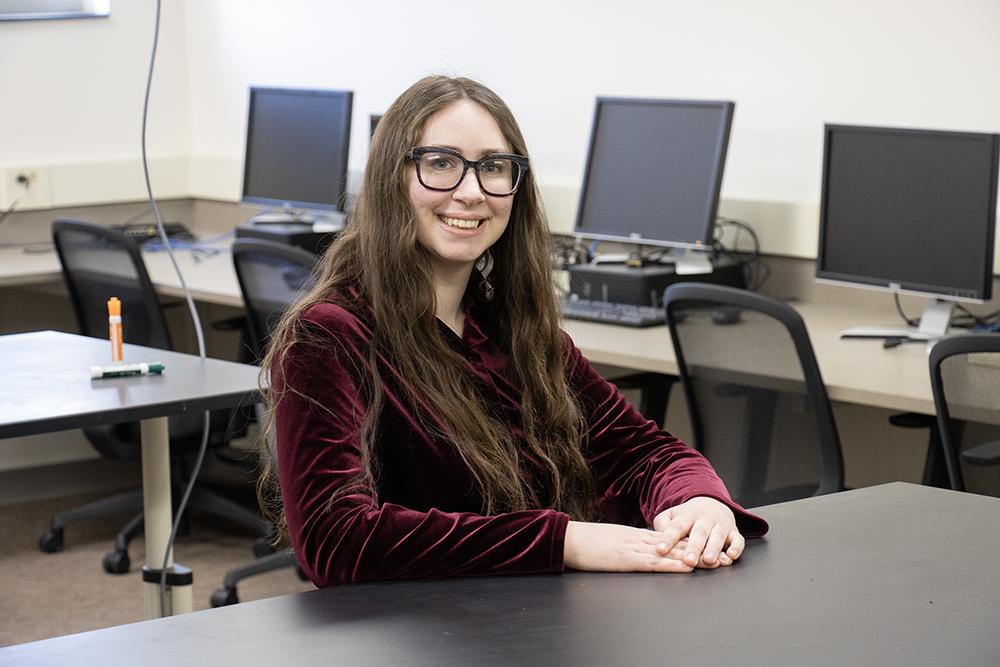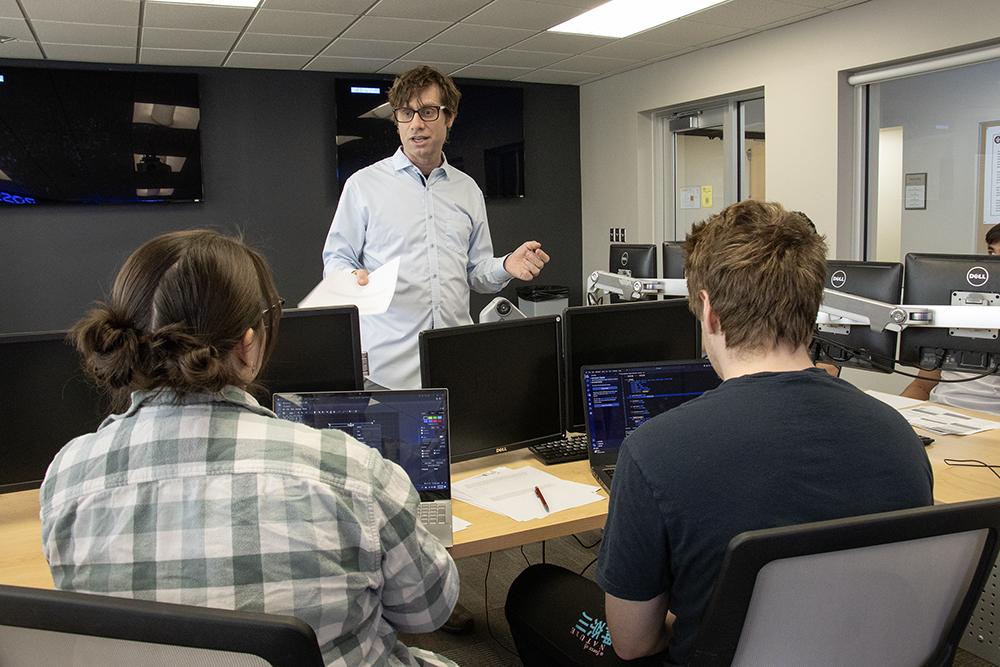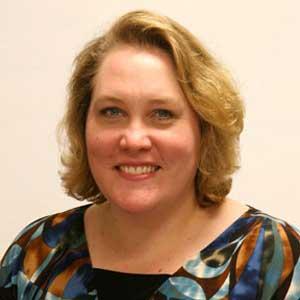Students graduate with a portfolio of work to show prospective employers their strong foundation of key skills, preparing them for a wide range of careers.
Program Information
Our new computer science program combines a strong foundation of computer science with an additional area of interest that will enable students to design and build software that creatively solves complex problems. Our program is enriched with several course-embedded projects that enable students to apply their learning to real problems, as well as develop critical teamwork and communication skills. These projects prepare students for their internship or co-op experience and the two-semester capstone design project. As graduates of the program, students will have a portfolio of programming accomplishments that showcases their ability to apply these skills to their chosen field outside of computer science.
Industry connected projects
Hands-on Learning
Embedded internship
and co-op experiences
Computer Science (BS)
Computer Science (Minor)
Viterbo’s Computer Science minor consists of 15 credits of core coursework in Computer Science. Transfer course and waivers could modify these results.
Embedded Systems (Minor)
The embedded systems minor integrates computer science and engineering, focusing on programming microprocessors and designing hardware systems. These skills are essential in robotics, where embedded systems control sensors, actuators, and decision-making algorithms. Students also explore applications in the Internet of Things (IoT), including smart devices, wearables, automotive systems, and medical technologies. With hands-on experience in circuit integration and low-level programming, the minor prepares students for careers in robotics, embedded AI, and advanced automation.







